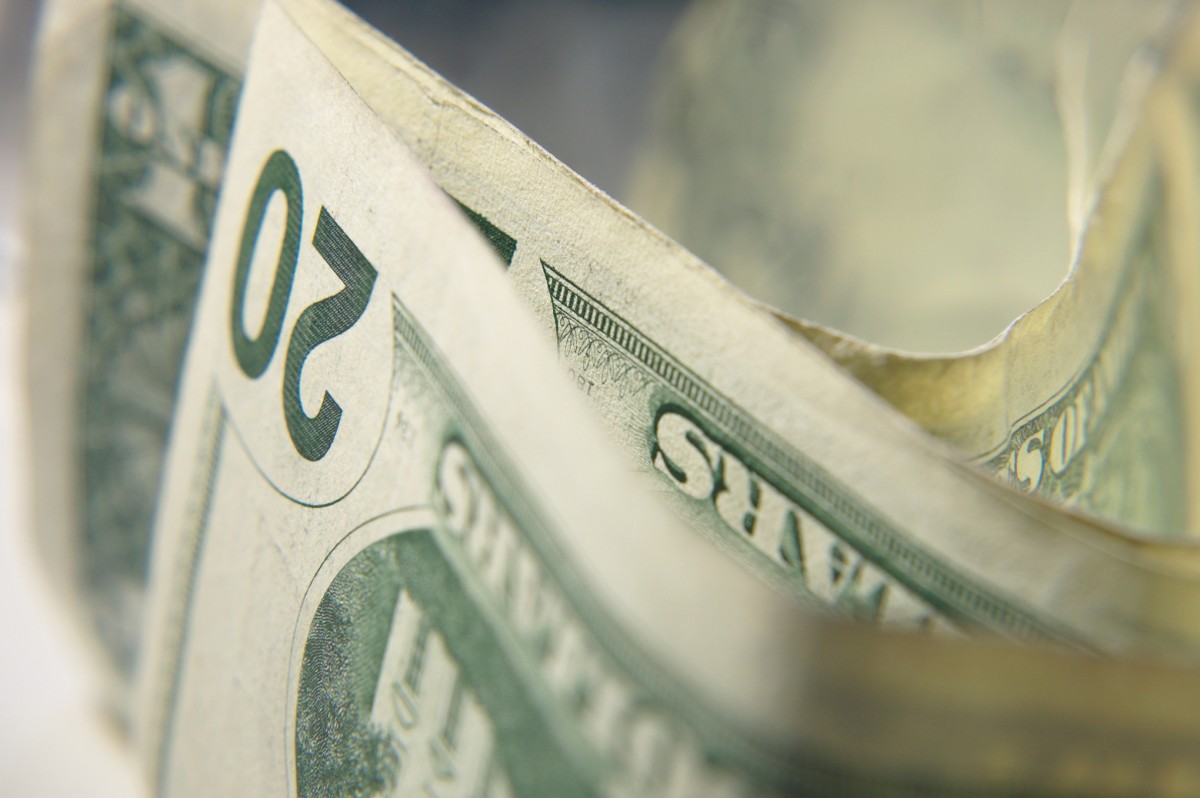MORGANTOWN — A computer glitch, a clerical error.
Whatever it was that shifted approximately $1.375 million between the hours of 8 p.m. Wednesday and 8:30 a.m. Thursday, it threw a bit of a wet blanket on what Gov. Jim Justice called “the biggest thing we’ve ever been able to accomplish.”
During his Wednesday briefing, Justice touted the fact that the state was able to “run across the finish line with a surplus in the year of the God-awfulest pandemic in the history of the world,”
Well, maybe.
According to Revenue Secretary Dave Hardy, the revenue department went home Wednesday evening — the last day of the 2020 fiscal year — looking at a surplus of about $500,000. When it arrived Thursday morning, “roughly $1.375 million had moved out of the account.”
“There’s no explanation that we’ve been able to come up with since 8:30 this morning,” Hardy said, later adding “We plan to file whatever we need to correct the clerical mistake that was made. It clearly wasn’t a substantive mistake. It was one that was done through the computer with nobody in the revenue department being involved.”
Despite the last-minute “technical bump,” Justice said getting the state from a projected $525 million COVID-19 fueled shortfall to, presumably, a surplus, is “part of the miracle of West Virginia.”
The actual revenue shortfall ended up being $254.5 million, which Justice explained, was covered by reserve accounts and reimbursable CARES Act money.
“We have a surplus instead of a deficit. All of our accounts, as far as the replenishment of our reserve has been done,” Justice said, noting West Virginia is one of six states that returned to pre-pandemic levels of consumer spending in June, according to Harvard-based nonprofit Opportunity Insights.
He also noted the state is sitting on just under $200 million in deferred income taxes that should be collected in July.
Also during the briefing, DHHR Cabinet Secretary Bill Crouch offered a mea culpa for the state’s inability to accurately count its active COVID-19 cases — an issue that, last week, prompted Justice to demand the resignation of Cathy Slemp, the state’s health officer and commissioner for the bureau of public health.
“What happened was, and I’m taking a big part of the blame for that. We should have gotten better information out to the counties in terms of closing those cases out. We should have made sure those cases were closed and we should have good directions and directives to counties to say, ‘Here’s what you need to do to close those out,’ ” Crouch said.
Crouch explained that there were 248 cases in question last week. That number is now down to 170 or so.
“We will fix this problem,” he said. “We will make sure we work with the local health departments to make sure it doesn’t happen again. We have to have data to have decisions. The governor is correct, is absolutely on target that the data has to be accurate.”
Lastly, Justice defended the decision to use $100 million to address what are being called “COVID-19 related highway projects.”
In particular, Justice took exception to Sen. Joe Manchin, D W.Va., questioning whether road work was an appropriate use of the dollars, saying, “You know, these roads didn’t get into this shape on my watch.”
Justice said the legal opinions he was provided indicated that if the projects make it easier for people to access emergency services and medical treatments, then the expenditure of federal COVID-19 money is appropriate.
“The bottom line is we got down to a point in time where we’ve got $100 million and we didn’t have a bucket for it, and we could have done one of two things. We could have just sent it back to the federal government or try to find a way that we could use it within West Virginia and use for our people. That’s just what we did.” Justice said.
Included in that money is about $2.5 million for paving projects in Monongalia County.
Also during Thursday’s briefing, Justice said:
- About 10% of the state’s population has been tested, or roughly 173,251 people. The number of dead remains at 93.
- He anticipates small business grants being available as early as the start of next week.
- The state has thus far passed on $24,097,000 in COVID-19 relief funds to 137 cities and counties and is awaiting additional applicants.
TWEET @BenConley_DP




